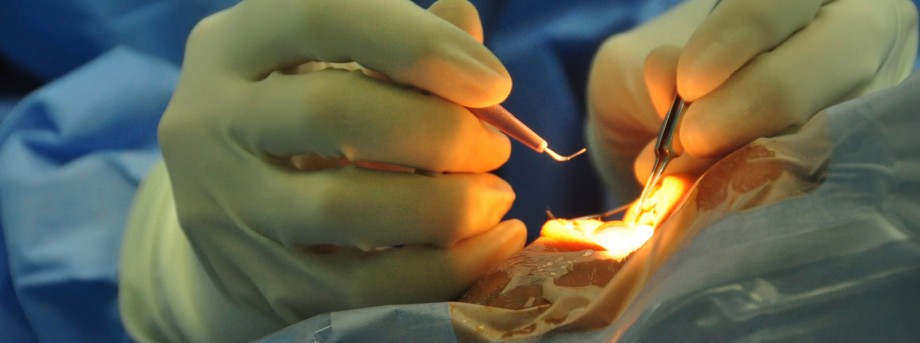The University of Nottingham
 Exchange online
Exchange online
Research Exchange
Prestigious award to support regenerative medicine research

A Nottingham professor has received a prestigious award from the Royal Society that will support his research into the development of a new generation of regenerative medicines.
Kevin Shakesheff, Head of The University of Nottingham’s School of Pharmacy and Professor of Drug Delivery and Tissue Engineering, is one of 25 new Royal Society Wolfson Research Merit Award holders.
Jointly funded by the Wolfson Foundation and the Department for Business, Innovation and Skills (BIS), the scheme aims to provide universities with additional support to help them attract science talent from overseas and retain respected UK scientists who have demonstrated outstanding achievement and potential.
Professor Shakesheff said: “This award is a major boost at a time when we are very excited about the potential of stem cells as future medicines.”
The award recognises Professor Shakesheff’s expertise in developing new types of medicine that cause damaged or diseased tissues to regenerate. For many diseases, including heart attacks, spinal cord damage and loss of blood vessels in long term diabetes, there are no current treatments that reverse the loss of tissues. As a result the patient has to live with poor function in key tissues and the symptoms of the diseases are treated but not cured.
Professor Shakesheff is part of a worldwide effort to find new types of medicines that do reverse tissue damage. The scientific foundation of his work is the fact that all human tissues spontaneously self-assemble during the development of the embryo and foetus. Therefore, within the cells of the body there is a silenced ability to form tissues.
Professor Shakesheff added: “New therapies using stem cells as ‘living drugs’ are beginning to make a clinical impact in treatment and trials for the repair of cartilage, bone, heart, nerve and other tissues. However, there is a huge gap between the ability of an embryo to form a tissue and the efficacy of the best stem cell therapies in regenerative medicine. My research group is aiming to learn from the process of human tissue development and apply findings to the design of stem cell medicines.”
For example, within the embryo tissue patterning to form early stage organs is driven by protein molecules that are released in precise locations at precise times. Using advanced materials it is possible to replicate this type of control but outside of an embryo. This can be used to accelerate the formation of blood vessels and complex human tissues.
Professor Shakesheff’s groups are translating these advanced materials into products for the stem cell industry and for new therapies. Promising, but early, results in animal models have been published on stroke recovery, reformation of blood vessels, accelerating heart cell formation and constructing new bone.
The new award is focussed on learning more from the embryo with the aim of informing the design of stem cell therapies that may transform many aspects of medicine over the next 50 years.
Tags: Kevin Shakesheff, Pharmacy, Wolfson
Leave a Reply
Other News

Top prize for quantum physicist
A University of Nottingham physicist has won a prestigious medal from the Institute of Physics for […]

Zero carbon HOUSE designed and built by students comes home
Design and construct a low cost, zero carbon, family starter home, transport it to Spain, build […]